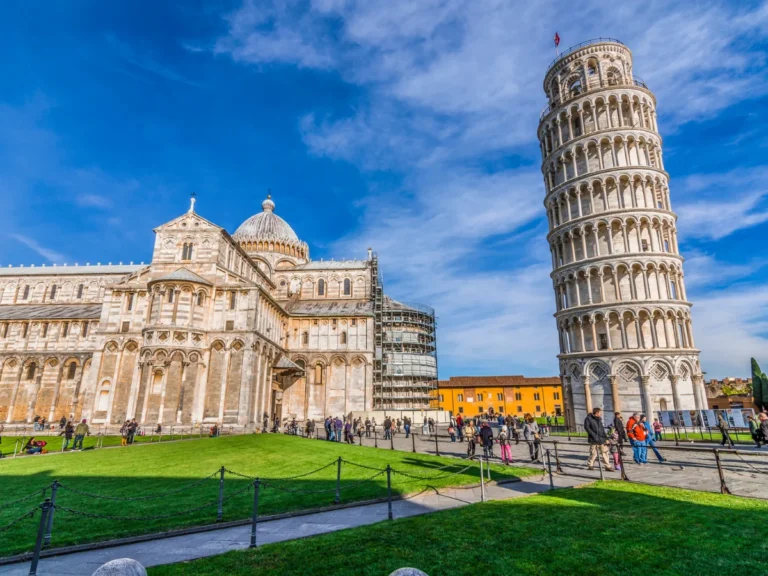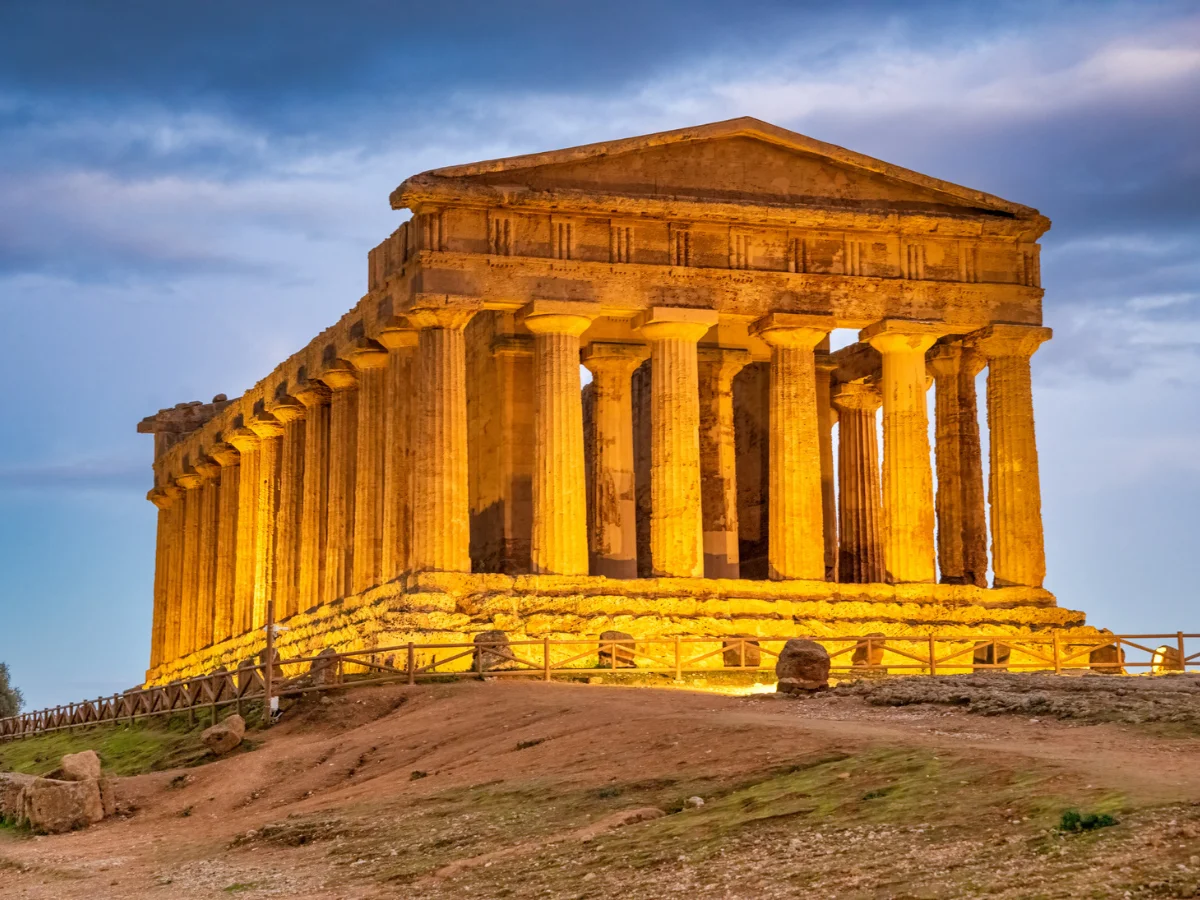Lucius Cornelius Sulla rose to power through military prowess
Lucius Cornelius Sulla rose to power through military prowess. His conflict with Gaius Marius led to Rome’s upheaval. Sulla’s brutal proscriptions reshaped Roman politics. Despite his dictatorship, he enacted significant constitutional reforms. Retiring in 79 BC, Sulla left a complex legacy. His reign foreshadowed Rome’s decline and Julius Caesar’s rise. Sulla’s impact on Roman politics was profound. In conclusion, Sulla’s life epitomizes the complexities of power and its consequences in ancient Rome.

Ancient Rome: Lucius Cornelius Sulla rose to power through military prowess
Lucius Cornelius Sulla, a man of ambition and ruthlessness, stands as one of the most formidable figures in the annals of Roman history. Born into a patrician family in 138 BC, Sulla’s trajectory would see him ascend to the heights of power as a senator, general, and, ultimately, dictator.
Early Life and Political Ascent
Sulla’s early years were marked by a keen intellect and an insatiable thirst for power. He quickly rose through the ranks of Roman society, leveraging his family’s influence and his own cunning to secure positions of prominence within the political establishment.
Military Brilliance and Conquest
Sulla’s military career was characterized by boldness and tactical brilliance. As a general, he led Roman legions to victory in a series of campaigns across the Mediterranean, expanding the Republic’s territory and solidifying his own reputation as a formidable commander.
First Mithridatic War
During the First Mithridatic War, Sulla demonstrated exceptional leadership, securing victories against King Mithridates VI of Pontus. However, his rival Gaius Marius claimed credit for Sulla’s achievements, sparking a bitter feud.
The Social War and Sulla’s Ascendancy
The Social War, a conflict between Rome and its Italian allies, provided Sulla with an opportunity to further distinguish himself on the battlefield. His decisive victories earned him the admiration of his troops and the attention of Rome’s political elite, paving the way for his eventual ascent to power.
The First March on Rome
In 88 BC, Sulla made his first bold move towards seizing control of the Republic. Frustrated by the machinations of his political rivals, he marched his legions on Rome, sparking a bloody civil war that would ultimately result in his temporary expulsion from the city. In his youth, Julius Caesar plunged into Rome’s civil war, torn between generals Gaius Marius and Lucius Cornelius Sulla. Their power struggle ignited the conflict, vying for supremacy within the Roman Republic.
Proscription and Purge
Sulla’s occupation of Rome led to a brutal purge known as the proscriptions, where thousands of his enemies were targeted for execution or exile. Sulla’s dictatorship was characterized by ruthless authoritarianism.
Reforms and Legacy
Despite his ruthless methods, Sulla’s dictatorship was not without its accomplishments. He enacted a series of sweeping reforms aimed at strengthening the power of the Senate and restoring stability to the Republic, leaving a lasting imprint on Roman politics and governance.
The Twilight Years
Sulla’s dictatorship, however, was short-lived. In 79 BC, he voluntarily relinquished power and retired to private life, leaving behind a legacy of bloodshed and political intrigue.
Conclusion: The Legacy of Lucius Cornelius Sulla
Lucius Cornelius Sulla, with unmatched ambition and cunning, carved his name into Rome’s history. Through military might and political savvy, he ascended from humble origins to dominance. Despite his brutal reign, his legacy persists, showcasing ambition and ruthlessness’s enduring influence in history’s records.



